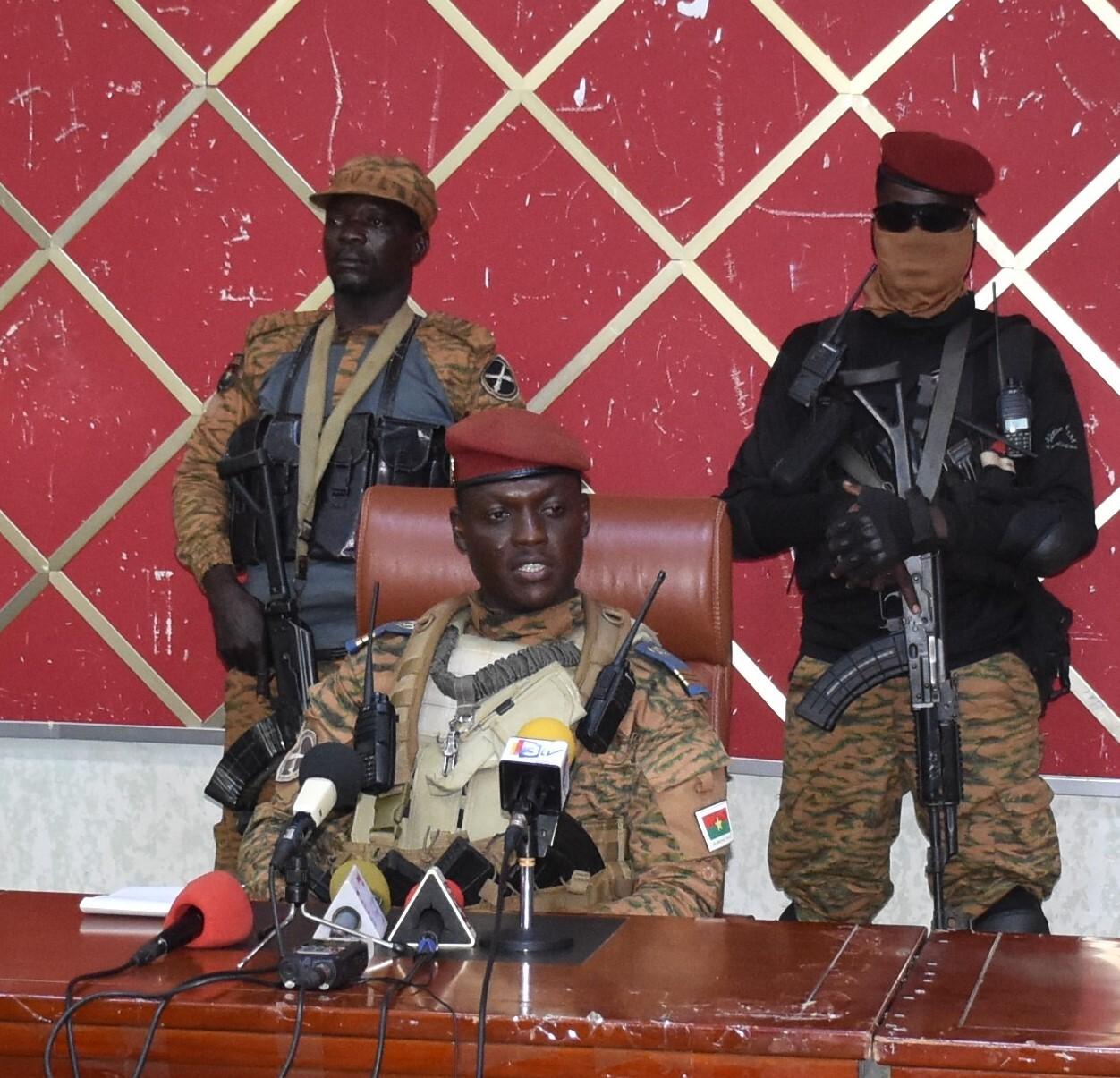A weak central government, a fragmented military and Islamic terrorism threaten to turn the Sahel nation into a geopolitical confrontation zone.
- Two military coups in 2022 highlight political instability, horrendous violence
- The nation may become the next battleground between Russia and the West
- Strict military rule is seen as a bulwark against Islamic jihadist groups
In September 2022, Burkina Faso suffered its second coup in less than nine months. A 34-year-old army captain, Ibrahim Traore, seized power, ousting Lieutenant Colonel Paul-Henri Sandaogo Damiba, who led a coup in January, toppling former President Roch Marc Christian Kabore. This succession of military takeovers reflects the political instability into which Burkina Faso, the landlocked western African nation of 22 million, has plunged.
As with his predecessor, Mr. Traore justified the takeover on the deteriorating security situation, stemming from a growing jihadist-inspired terrorist threat that has been hitting the country in recent years. Like the January putsch, the trigger was an attack, on September 26, by jihadist forces on a 150-truck convoy loaded with food heading for Djibo, one of the main cities in the war-torn north. The city of 60,000 people has been under siege by terror groups for the past 18 months. The attack, claimed by an al-Qaeda-linked group, killed 37 people, including 27 soldiers. Days later, Mr. Traore seized power in Ouagadougou, the capital that is home to 2.5 million people, with no significant resistance on the streets.
These latest developments reflect two factors key to understanding the situation. The first is frustration with the lack of progress in tackling the terrorist groups and rising violence, for which the former leader, Lieutenant Colonel Damiba, was blamed. One of Mr. Damiba’s priorities had been to improve the country’s security situation, and it was, in fact, the cornerstone of his political mandate. The attack on the convoy was the tipping point highlighting his failure.
As predicted in May, Mr. Damiba had a short window of opportunity to show results to stay in power. With no improvements in the security situation, he lost popular support. The same will be valid for the new leader.
Secondly, divisions within the army persist, and they menace political stability. Mr. Damiba’s ouster highlighted his failure to meet that second critical condition for ruling the country.
Mr. Traore now faces the same challenge.

